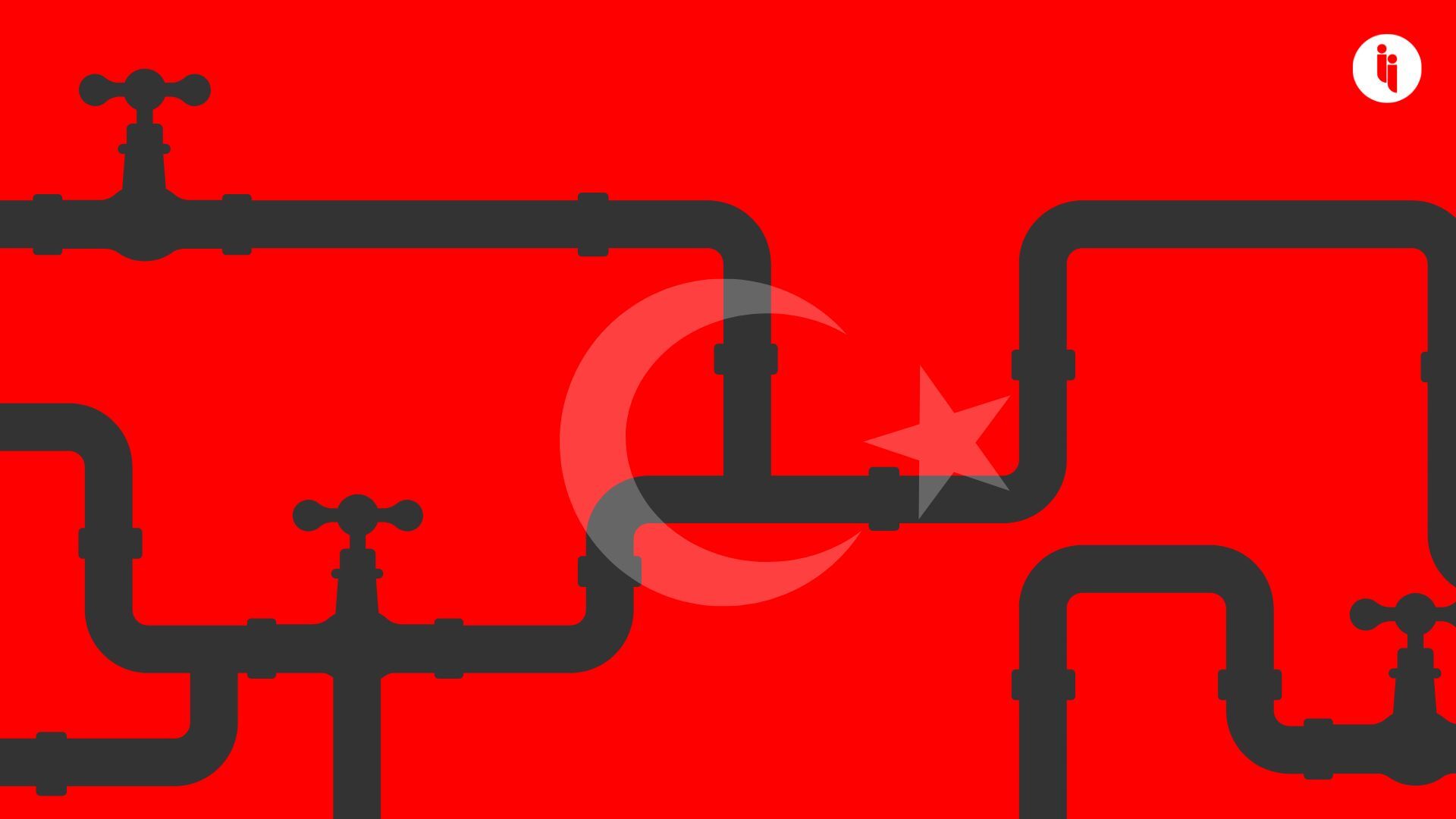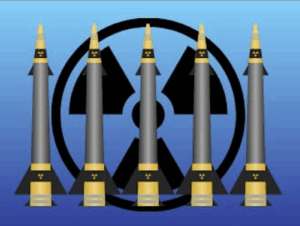HOUSTON — Turkey is bullish on its energy export capabilities, hoping to increase its output to southeastern Europe, Ukraine, and even stretching south to Syria, Ankara’s energy minister, Alparsan Bayraktar, told the audience at premier energy conference CERAWeek in Houston.
The energy minister was fresh off signing a joint venture agreement between US Continental Resources, TransAtlantic Petroleum, and Turkish Petroleum, aiming to extract shale oil from the Diyarbakir Basin in Turkey’s southeast and the Thrace Basin in the northwest.
The commercial development of Turkey’s unconventional resources is a step towards weaning the country off energy imports, Bayraktar said.
Stay on top of your world from inside your inbox.
Subscribe for free today and receive way much more insights.
Trusted by 146,000+ subscribers
No spam. No noise. Unsubscribe any time.
“The biggest challenge we are facing in the market is import dependency,” the energy chief remarked, adding that Ankara will focus on reducing its own import levels for energy security and affordability reasons.
Sakarya gas field, located over 100km off Turkey’s shore in the Black Sea, has become one of Ankara’s shining energy stars, with Bayraktar saying that by 2030, it’ll meet 30% of the country’s domestic needs. Additionally, production in Gabar, an area in the mountainous region of Şırnak, is producing 78,000 barrels a day with capacity quickly growing, according to the minister.
And that’s opened up ambitions for global growth.
“Turkey is playing a major role for energy security of Europe,” the Turkish energy chief remarked, citing the country’s pipelines feeding into the bloc (TANAP, TURKSTREAM). As numerous European governments have tried divesting from Russian energy, Turkey has served as an ample supplier, minting gas deals between Ankara’s Botaş and Bulgaria’s state company Bulgargaz.
Bayraktar said Ankara would like to at least double the Turkish-Bulgarian gas interconnection, despite previous payment issues. But Turkey’s export ambitions are beyond Sofia, with the energy minister saying “We can export more gas to southeastern European region…maybe in the near future, to Ukraine, through Turkey.”
Ankara’s actions during the Russia-Ukraine war have landed Turkey in hot water with the European Commission, cited by the bloc’s research service as a top country importing Russian crude oil via the shadow fleet, alongside China and India.
And when parties first signed the Turkish-Bulgarian gas interconnection deal, there were concerns that Bulgaria would (unwittingly or not) be importing Russian supplies, given Botaş imports gas from Russia, Iran and Azerbaijan.
Yet, European leaders seem willing to overlook some of Ankara’s geopolitical balancing. This week Polish Prime Minister Donald Tusk was in Ankara smiling alongside Turkish President Recep Tayyip Erdoğan, despite railing against the Turkish leader as European Council president a few years earlier.
Ambitions to the south
“Syria needs gas. Iraq needs gas. We can supply gas through our infrastructure,” the energy minister said, reiterating his points in earlier interviews that Turkey is exploring long term pipeline projects that would connect Syria to Turkey’s terminals.







